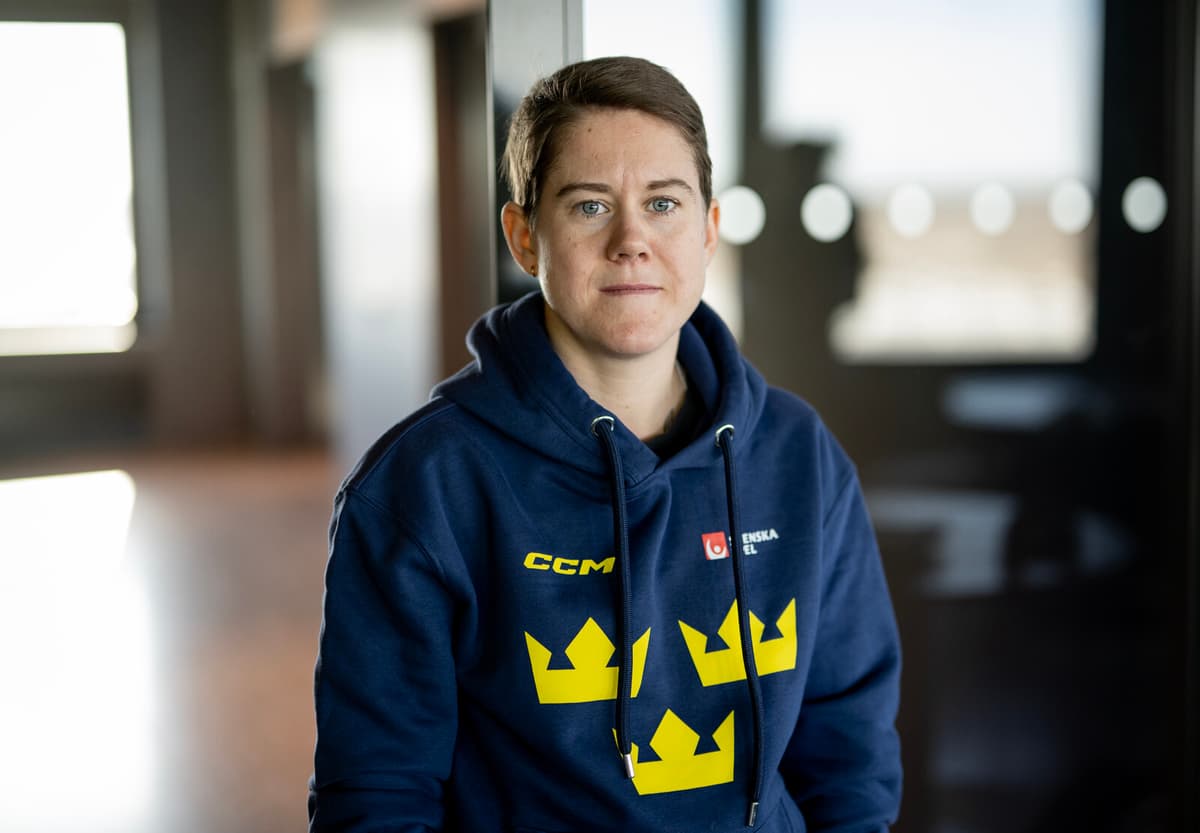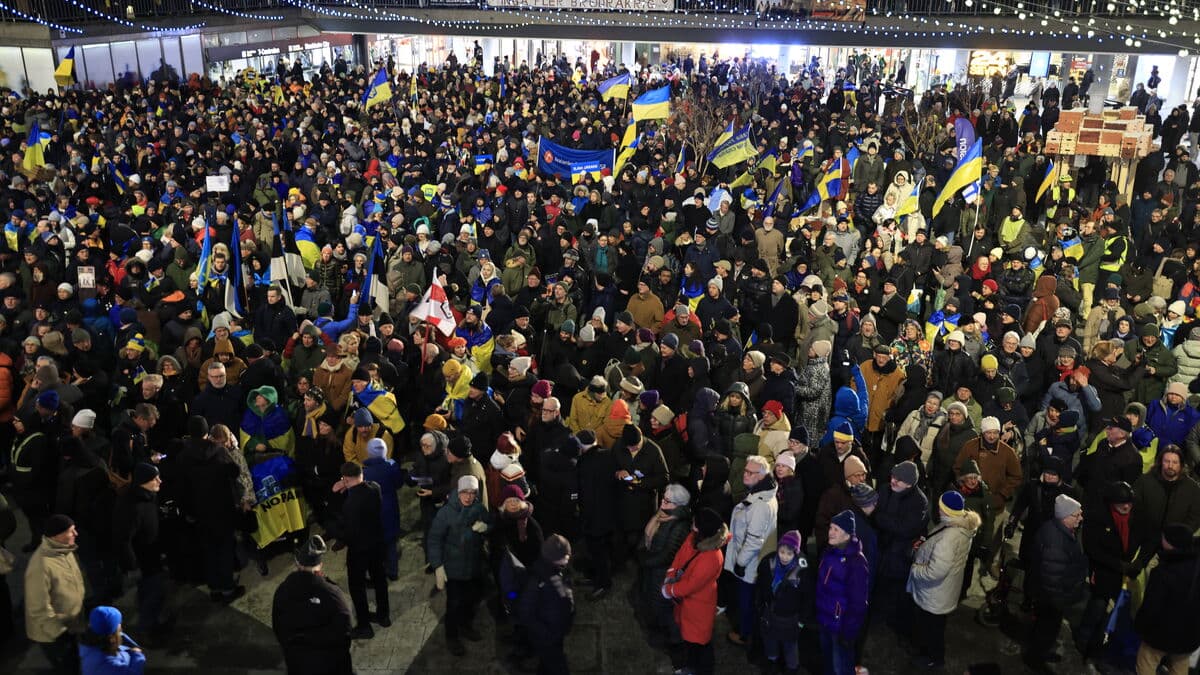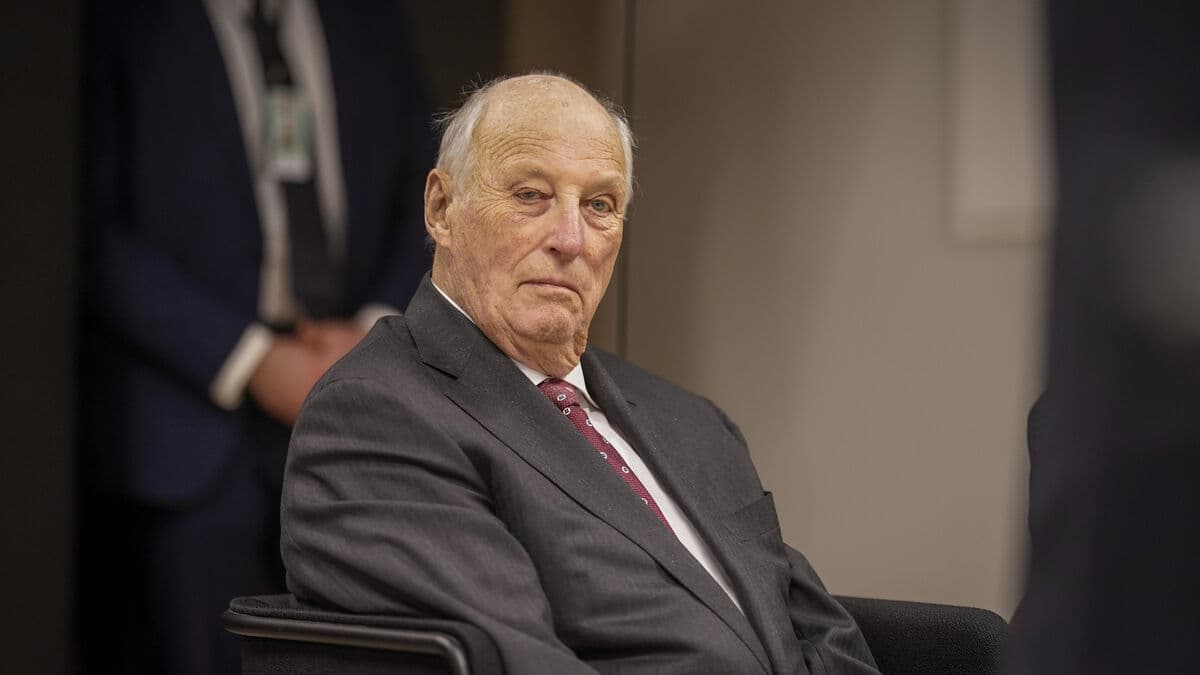The fast forward is getting a bit uncomfortable when she's asked if she feels like a role model.
I can't claim that and I've probably never had those thoughts about myself. I play hockey because I love it and will continue to do so as long as I feel that way and my body holds up. And if I'm a role model for others, that's clearly very positive and fun, says the Smålander from Nybro who plays for the Stockholm club SDE.
When the World Championship starts in Czech Ceske Budejovice on Wednesday, she will be playing her sixth World Championship since her national team debut in 2011.
She is the oldest outfield player in a Swedish World Championship team since 2012, when Erika Holst, now a master coach in Frölunda, turned 33 during that championship.
On the goalie side, Luleå's Sara Grahn played the World Championship at the age of 34 in 2023.
Playing full-time
Women's hockey has been struggling for many years to get its players to play longer. All too many of the stars over the years have quit early, which dilutes both the top and the breadth.
Compared to the men's national team Tre Kronor, they had four players older than Lisa Johansson during the Four Nations in February.
The crux? Family life is one thing, but above all, it's about being able to make a living from your sport.
Lisa Johansson has been a full-time pro for the past three years, but worked before that.
Until I moved to Luleå (2022), I worked alongside hockey. I didn't feel like I had any problems with that, but it made an extreme difference when I could focus on hockey and recover in a completely different way, says Johansson, who after over eleven years in AIK did two seasons in Luleå and then moved to SDE.
Lisa Johansson has played 180 national games, won three SM gold medals and was once named player of the year in Sweden.
"A prerequisite"
In the SDHL, only nine Swedish players among the ten teams were 30 years or older last season.
The women's league is working to get more players to be able to play full-time. Recently released figures show that 23 percent of players can make a living from their hockey. Five years ago, the same figure was 0.
As long as it's going in the right direction, it's positive. You would have wished for a higher figure, but it won't happen overnight. For my part, it's absolutely a prerequisite for playing, says Lisa Johansson.
April 9: Germany (11.00).
April 10: Hungary (15.00).
April 13: Japan (15.00).
April 15: Norway (11.00).
The quarterfinals will be played on the 17th, semifinals on the 19th, and medal matches on the 20th of April.






